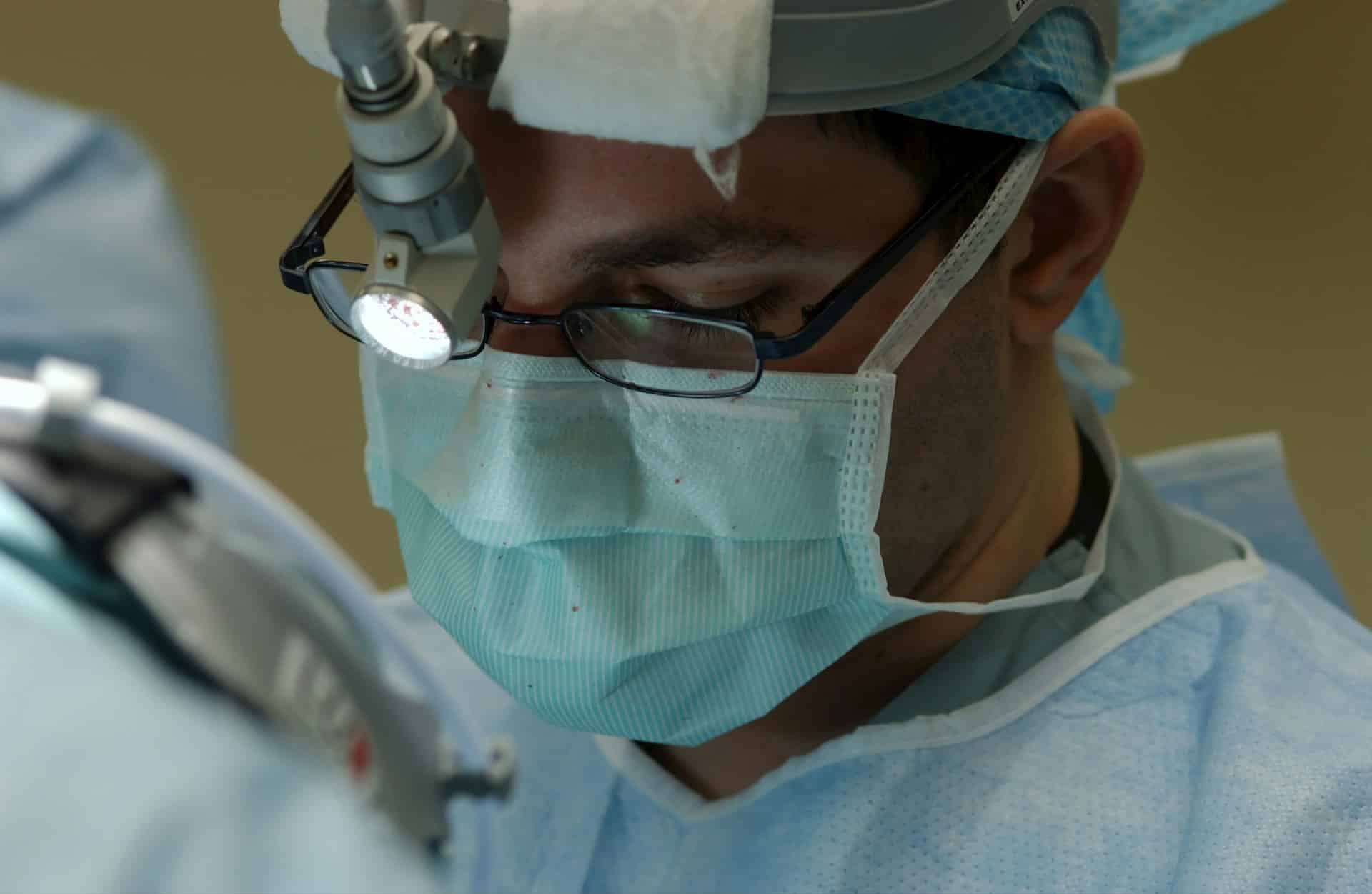Medical care is built on trust. When we visit a doctor or hospital, we believe the people helping us know what they are doing and that they will take the right steps to care for us. Sometimes, though, something feels off. Maybe a sudden complication does not make sense or test results do not match how a person feels. These moments can leave families confused, worried, and looking for help. That is when speaking with malpractice lawyers in Tamp, Florida, can help people figure out what went wrong and what steps they might take next. Trust, once broken, can leave people searching for real answers—and they should not have to search alone.
What Counts as Medical Malpractice?
Medical malpractice is not just about mistakes. It is about whether the care provided met the kind of standard that other trained medical providers in the same situation would consider reasonable. In Florida, this means looking at what most doctors would have done in a similar case. This is often called the “standard of care.”
There are many ways medical malpractice might show up. Common examples include surgeries where tools are left inside the body, a missed diagnosis that delays treatment, or a birth injury that could have been prevented. A doctor forgetting to order a test, giving the wrong medication, or not responding quickly enough to a red flag can all raise questions.
That does not mean every bad result is malpractice. Medicine is not perfect. People can do everything right and the outcome might still be hard. But if the right steps were not taken and those choices caused real harm, it could be something more than just a bad day at the hospital. That is when it makes sense to slow down and take a closer look at the situation.
Signs That Something Might Have Gone Wrong
Looking back on a medical event, some people start to notice things that did not feel right in the moment. Maybe there was an unexplained delay before a treatment began or appointments started getting pushed back with no clear reason. Sometimes, a patient will ask a question and never really get an answer. Other times, the medical record says one thing while the experience felt very different.
These little signs can be important. They might not prove anything on their own but taken together, they can show a possible pattern. Gathering documents and making a timeline of what happened can help. That includes getting medical records, notes from appointments, and dates when symptoms appeared. In some cases, getting a second opinion clears up concerns. In other situations, it may point to a part of the care that did not line up with what should have happened.
It is also okay to have doubts. Feeling unsure is usually the first sign something is not quite right. Asking questions—and writing them down—can provide direction. Even if the answer is that the outcome could not have been avoided, knowing that still gives families peace of mind.
The Role of Legal Help in Making Sense of It All
When something feels off in medical care, figuring out what went wrong is not always easy. That is where legal support can help. We start by listening. We want to understand how everything unfolded—not just the big moments, but the quiet ones too.
That might mean requesting records and reviewing the timeline closely. Did someone delay a decision? Were any warning signs missed? Sometimes those pieces of information are sitting in the notes, waiting to be noticed. Consulting with experts can fill in the gaps. These are people trained in medicine who can tell us if the care followed the standard or missed it. That can matter a lot when trying to understand the full story.
Malpractice lawyers in Tampa handle these steps with care because we know no two cases are the same. The goal is not to blame. The goal is to sort through the confusion so families can start to feel more grounded during a difficult time.
How Medical Errors Affect Lives Long After
One medical mistake can create a ripple effect that does not stop once someone leaves the hospital. These moments do not just affect the body. They can disturb people’s routines, relationships, and emotional well-being for weeks, months, or even years.
Some people face ongoing treatment they did not plan for. Others lose time from work or struggle with everyday tasks. There can be lasting pain, not just in the physical sense but in the emotional one too.
Sometimes the hardest part is not knowing what happened or why. That stress can take a toll that is harder to measure. Families carry the load together. Parents miss work to support their children, spouses become caregivers, and kids grow up faster than they should.
The damage does not always show right away, which is why early attention can make a difference. Getting support early means less time wondering and more time focusing on what matters most—healing, adjusting, and finding some sense of stability again.
Moving Forward With the Right Support
When care does not go the way it should, people often feel like they are walking through it blind. They wonder what went wrong, if it could have been prevented, and what to do next. Recognizing the signs of something unusual helps families take the first step toward making sense of it.
By asking questions, gathering facts, and getting help from those who understand both medicine and the legal side, people avoid building guesses into their story. They get clarity. Even in the middle of pain or frustration, it helps to know someone is willing to listen and focus on the details without any judgment.
No one plans for a medical mistake. But when it happens, the first step is understanding. From there, the path might not be simple, but at least it is moving forward—and that can mean everything.
If you’re questioning whether a recent medical experience compromised the trust you placed in your healthcare provider, you deserve clear answers and supportive guidance. The experienced team at Greco, Wozniak & Ruiz-Carus, P.A. is here to help you navigate these challenging times. Connect with our dedicated malpractice lawyers in Tampa, Florida, today to explore your options and regain peace of mind. Your path to understanding starts with a conversation, and we’re ready to support you every step of the way.






